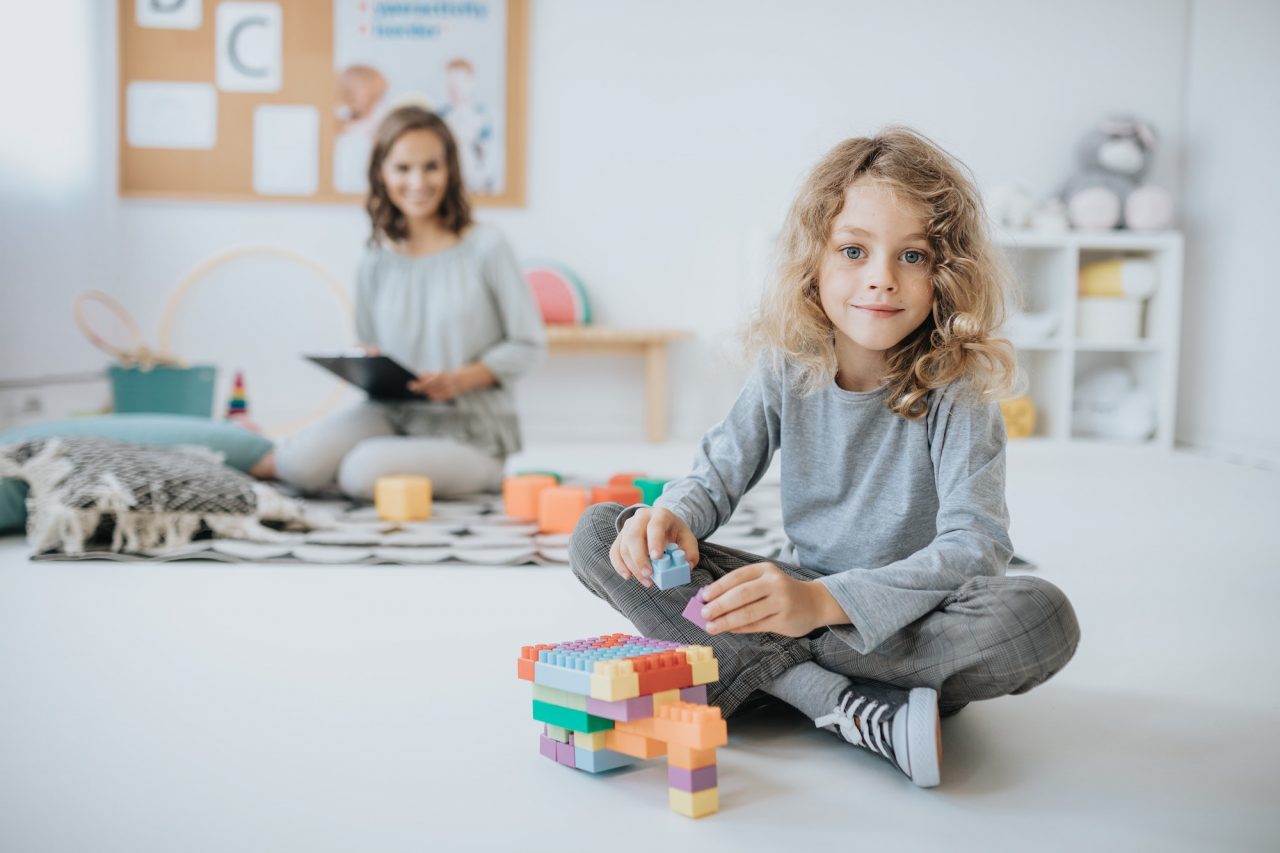Social Skills Therapy
Social interaction is an essential part of a child's development and emotional well-being. However, children with autism spectrum disorder (ASD), ADHD, social anxiety, and communication difficulties often struggle with understanding social cues, making friends, and engaging in conversations. Social Skills Therapy is designed to help children develop, practice, and refine their social abilities in a structured and supportive environment.
At Maqsad Special Minds, we focus on empowering children by helping them navigate social interactions, express themselves effectively, and build meaningful relationships.
Who we are
Qualities of an Outstanding Special Educator


Understanding the emotional and psychological needs of children with compassion.
Supporting children and their families through every step of their journey.
Building bridges between children, parents, and educators for a united approach.
Designing engaging and adaptive teaching methods that cater to individual learning styles.
Tackling complex challenges with a proactive and results-driven mindset.
Committing wholeheartedly to the well-being and development of each child.
Steps in Social Skills Therapy
Lorem ipsum dolor sit amet, consectetur adipiscing elit. Ut elit tellus, luctus nec ullamcorper mattis, pulvinar dapibus leo.
- Conduct a detailed evaluation to assess the child's current social skills and areas that need improvement.
- Observe the child in different social settings such as school, home, and peer interactions.
- Develop personalized therapy goals based on the child's strengths and challenges.
- Introduce basic symbols, gestures, or devices in a comfortable setting.
- Use role-playing activities and visual aids to make learning engaging.
- Provide positive reinforcement to encourage participation.
- Teach children how to interpret body language, facial expressions, and tone of voice.
- Engage them in interactive games and storytelling activities to reinforce these skills.
- Help them practice recognizing and responding appropriately to social cues.
- Guide children on how to start, maintain, and end conversations politely.
- Teach the importance of active listening, turn-taking, and respecting different perspectives.
- Conduct group activities and peer interactions to build confidence in real-world settings.
- Help children identify and regulate their emotions in social situations.
- Teach problem-solving skills to handle conflicts and disagreements effectively.
- Introduce strategies for dealing with peer pressure, teasing, and social rejection.
- Arrange supervised group interactions to encourage real-world application of skills.
- Take children to public places like parks, schools, and community events for social practice.
- Provide structured feedback to help children refine their interactions.
- Educate parents on how to reinforce social skills at home.
- Provide home-based exercises and interactive activities.
- Offer regular progress reports and counseling for parents to support their child's journey.




Social Skills Therapy Examples
A 7-year-old child with social anxiety struggles to approach and engage with peers. Through structured play therapy and role-playing, the child learns to initiate conversations, share toys, and express emotions positively. Over time, they gain the confidence to make and maintain friendships.
A 10-year-old on the autism spectrum has difficulty understanding personal space and appropriate greetings. Through visual aids and guided interactions, the child learns the importance of respecting boundaries, maintaining appropriate physical distance, and recognizing social norms.
A 12-year-old with ADHD often interrupts conversations and struggles with teamwork. Through group social skills training, the child learns to take turns, listen attentively, and collaborate effectively in group activities—enhancing their ability to participate in school and community events.
Why Choose Us
Why Choose Maqsad Special Minds for Social Skills Therapy?
At Maqsad Special Minds, we understand that every child is unique, and so are their social challenges. Our expert team, led by Anupreet Kaur, creates a safe, nurturing, and engaging environment where children can build confidence, improve social interactions, and form lasting friendships. We are dedicated to helping children develop lifelong social skills that empower them to thrive in school, social gatherings, and beyond.
Your child's social success starts here— Contact Maqsad Special Minds today!
Contact Maqsad Special Minds today!




Get appointment
Need More help?
Join Us on This Journey
888-2002-234
07.00 AM - 05.00 PM
